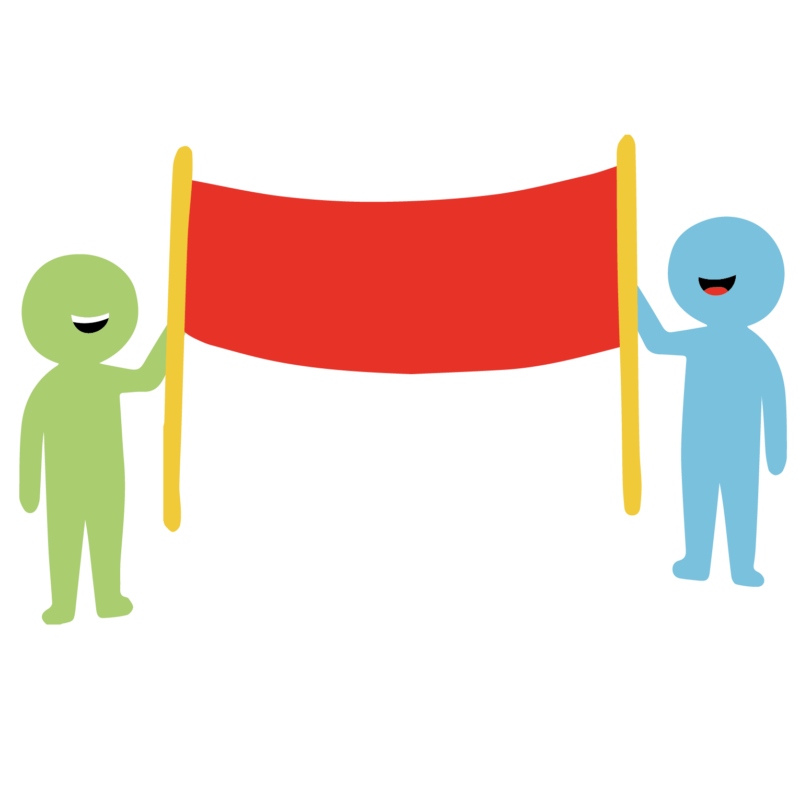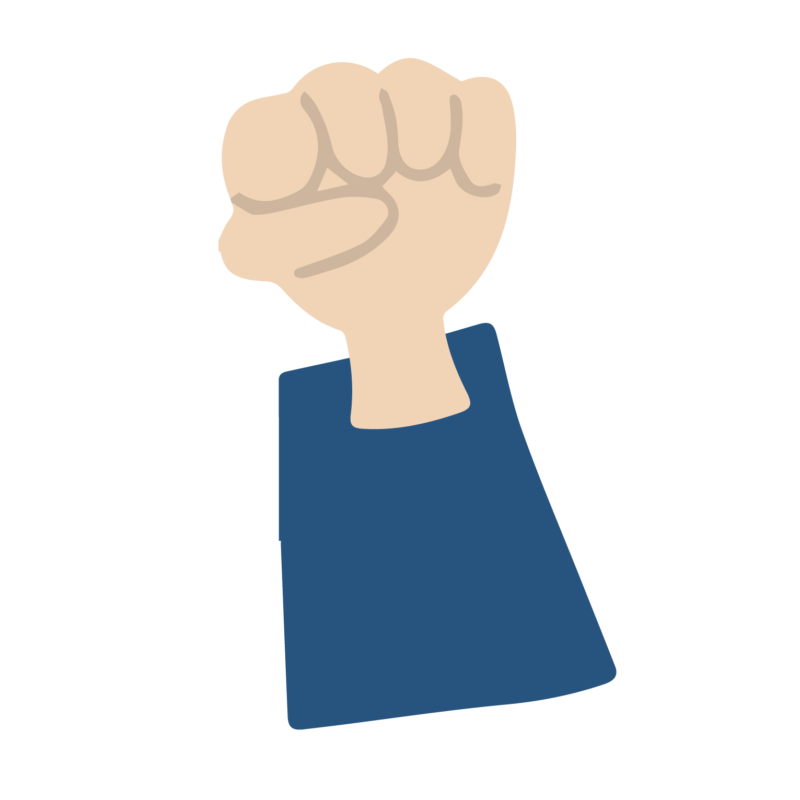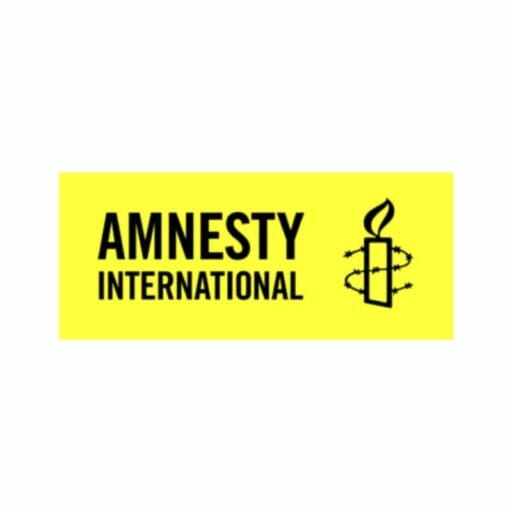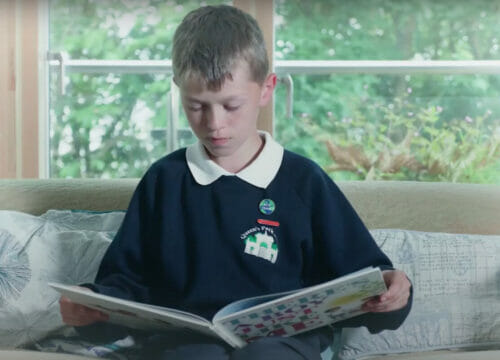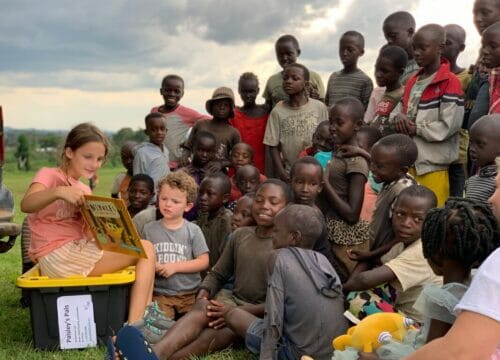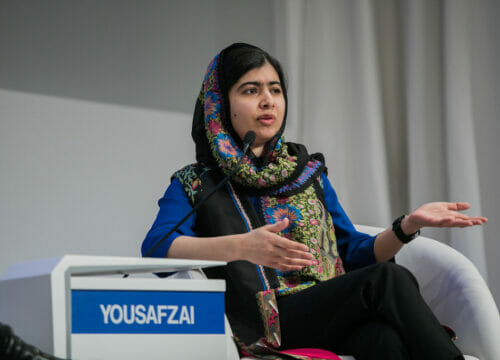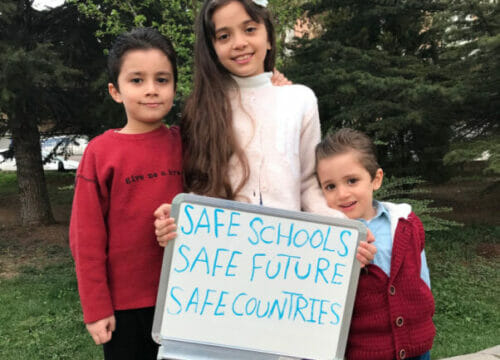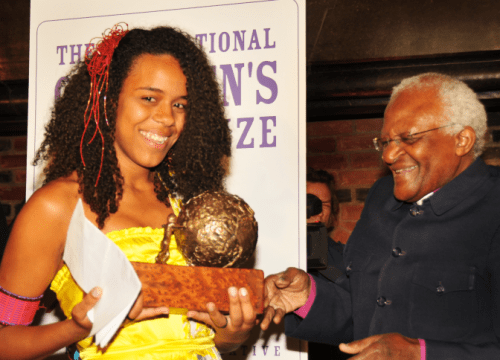Amnesty International is the world’s leading human rights organisation, campaigning against injustice and inequality everywhere.
Peace, Justice, and Strong Institutions
A fair world without war and violence

1. THE PROBLEM
Peace, justice, and strong institutions create a world in which neighbours can live in harmony, countries can work together to solve problems and everyone can do the things that they love in an environment that keeps them safe. But there aren’t many countries that benefit from peace, justice, and strong institutions all the time. In fact, there are around 27 ongoing wars in the world right now.

2. The Solution
So what can we do to help?
To achieve world peace, we need to get rid of war and violence by addressing sources of conflict (such as poverty), promoting institutions like the UN that can help resolve conflict between countries and removing weapons and armaments. Justice can be achieved by making sure that the judiciary system is available to everyone and people in the justice system are diverse. Institutions can be held to account by equipping people to speak up against them and providing punishments for institutions that do not behave as they should.

3. Take Action
There are lots of ways that anyone, including you, can work to achieve peace, justice and strong institutions. For example, you could: start or join a Model UN Club or use your right to freedom of information to check any information that you think might be suspicious.
Everyone can take action to make real change. What will you do?

4. CHARITIES
There are lots of charities that need your help to achieve peace, justice, and strong institutions.
See how you can support them in their amazing work.
Have you ever been in a situation where someone has punished you unfairly? This happens so easily – sometimes someone doesn’t have all the information they need and they are too quick to judge. This is an injustice – when something just isn’t fair.
The world is full of all kinds of injustices. They can be as small as a thief not going to jail for stealing from an elderly lady while she was shopping or as large as the president of a country stealing from the people of the entire country.
Now, think of the last time you had a squabble with your sibling or with a friend. That conflict probably came from an injustice, right? One of you probably felt that something unfair was said or done and that resulted in a fight. Often, injustices go hand-in-hand with conflict. They could even cause a war to break out.
When you have a fight with someone, it sometimes helps if someone else comes and helps to make peace. This person is called a mediator. Usually, peace will come when there is justice and things are made fair again. It’s no different in the rest of the world.
Peace is when there is no war and violence and people feel safe. A peaceful society cannot exist without justice. Justice is when people are treated fairly by the law and those who impose the law – like judges and police officers.
Strong institutions like the police, courts and the government make sure that justice happens and create a world in which neighbours can live in harmony, countries can work together to solve problems and everyone can do the things that they love in an environment that keeps them safe.
The problem
27
WARS are ONGOING IN THE WORLD RIGHT NOW
4x less
policemen and women in India than in Russia
There aren’t many countries that benefit from Peace, Justice, and Strong Institutions all the time. So, today’s world has many examples of places where there is war instead of peace, injustice instead of justice and weakened, ineffective institutions instead of strong ones.
1. Peace
There are around 27 ongoing wars around the world right now.
Wars can start for lots of different reasons. People fight over:
- land
- politics
- religious differences
- cultural differences
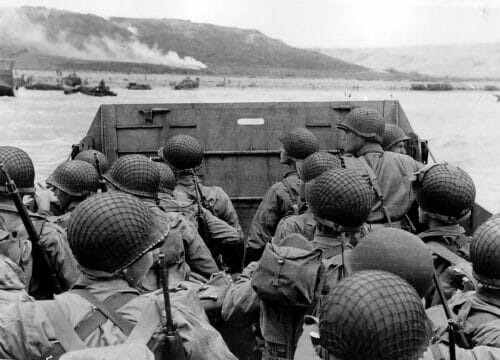
For example, World War II, the biggest war in history, began when German troops invaded Poland and tried to claim the Polish land as their own. When this happened, the UK and France declared war on Germany.
War has devastating effects. Soldiers and people living may be seriously injured and they might even die. Some people might be forced to leave their country so they can get away from danger. These people are known as refugees.
2. Justice
Justice is the fair treatment of people by the law and those who impose the law. The law is there to protect people’s rights and freedom, and everyone is entitled to justice. But sometimes this doesn’t happen.
Some of the reasons why justice might not happen include:
When babies are born, it is up to their parents to register them with their government. This makes them visible to their government so that their government can play a role in protecting and upholding their human rights.
Not everyone is able to register their children at birth. At the moment, in many countries, it costs money to register children and parents may have to travel a long way to the registry office. Around one-quarter of children (166 million children) under the age of 5 have never been registered, making them ‘legally invisible’.
Children who are not registered and do not have a legal identity meaning they cannot always access important services such as healthcare, education and social justice.
When people go to court, they have the choice to represent themselves or to hire a lawyer. Lawyers make it more likely for people to win in court. This is because lawyers know how to challenge evidence and understand the complexities of the law. The problem is that lawyers are also very expensive and not everyone can pay for a lawyer. This often means that wealthier people can access a lawyer, or a better lawyer, and so they are more likely to win their case than someone who is poor.
The criminal justice system isn’t always fair. Sometimes, it discriminates against some groups of people based on their race, religion, gender or sexuality.
For example, in the USA, black people are nearly six times more likely to be imprisoned than white people.
One example that attracted a lot of attention was the case of a man called George Floyd. George Floyd was a 46-year-old black man. He was arrested in May 2020 after a shopkeeper phoned the police because George had used fake money to pay. A white police officer called Derek Chauvin arrested George in a violent and brutal way. Derek knelt on George’s neck. Eventually George died. Derek behaved in an unnecessarily aggressive way because George was black.
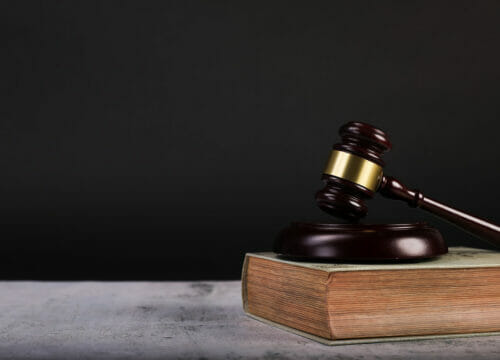
3. Strong Institutions
Institutions are organisations that are started for a religious, educational, professional or social purpose. The criminal justice system and government are examples of institutions. So is the United Nations and the World Bank. Some institutions are not strong or fair, so they cannot do what they are supposed to do. Click on the list of reasons why institutions might not be strong or fair below to learn more. You might also like to watch the video below to understand more about institutions and how they work.
Sometimes institutions do not have enough resources to do their job properly. This often happens in countries that cannot afford to pay to run parts of their institutions, such as the police. For example, India has four times fewer policemen and policewomen than Russia – so the police in India are less able to catch criminals.
Many institutions can do their job well because people agree to follow the rules that they make or to believe in what they say. But sometimes, not everyone agrees. For example, some people have started to trust what they read in newspapers or see on the TV less than they did before because they find it hard to know which stories are true and which are not. This means that these types of media have less influence than before.
Some countries have limited safety or stability, so it becomes difficult for institutions to do their job well. For example, if there is a war, everything from courts to universities, to football teams might stop working.
When the people who work for institutions do a bad job, it weakens the institution.
This can happen when people aren’t well trained and they don’t know how to do their job properly. For example, if the teachers working in a school are not well trained, the school can’t teach its students well.
This also happens when people in an institution make selfish decisions that are good for themselves but bad for others. This is called corruption.
Corruption is especially common in countries that are still developing because their institutions aren’t strong enough to prevent it. When government officials are corrupt, they steal money from that country’s people by doing things dishonestly. For example, they might take the money that they were supposed to use to build a hospital and instead use it to pay for their holiday. This keeps the countries in a cycle of poverty.
Another example of corruption might be if someone is caught driving above the speed limit and offers a policeman some money to not give them a speeding ticket. This is called bribery. Bribery is a type of corruption.
Watch this video if you want to learn more about corruption.
Corruption Around the World
As you will now know, corruption can happen all over the world, but it happens most in countries that are still developing because their institutions are generally less strong.
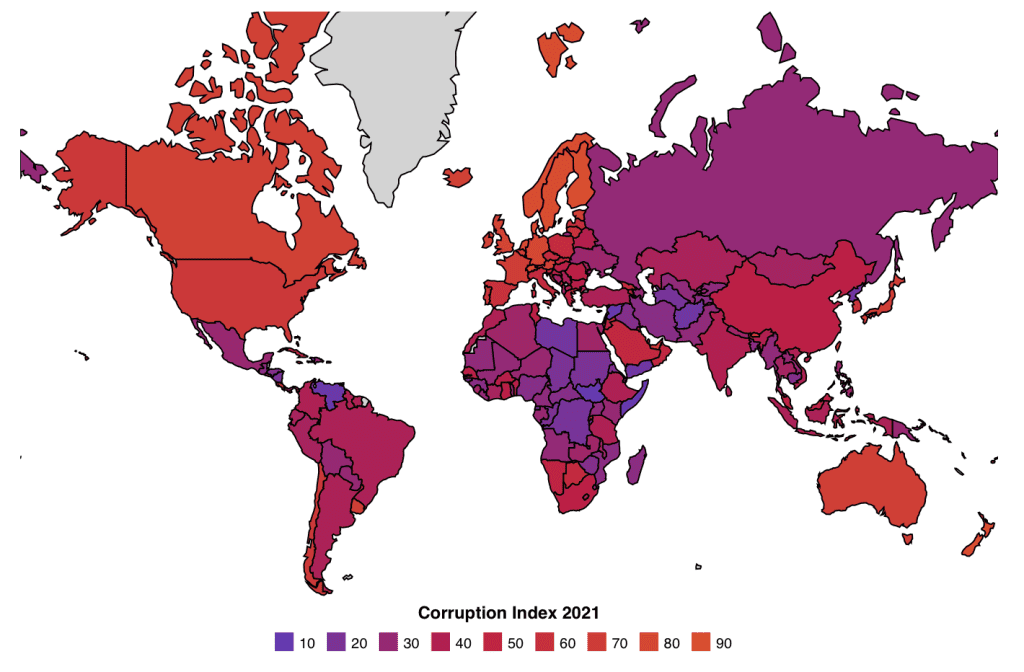
Interpreting the Map
This map shows how much corruption there is in each country. Each country has been given a corruption number from 0-100, with 0 being the most corrupt and 100 being the least corrupt. The number was allocated by expert assessments and surveys in each country. The key at the bottom can help you interpret the map. The countries in purple are considered very corrupt, whereas those in orange are not very corrupt at all.
Take a Guess
The Solution
People everywhere have been trying hard to work together to make our world a safe and happy place to live.
1. Peace
To achieve world peace, humans need to get rid of war and violence. This can be done by helping to resolve arguments, removing sources of future conflict, removing weapons and educating people about how to resolve their differences peacefully.
International Institutions for Communication and Trust
International institutions, such as the United Nations (UN), can help mediate conflict. For example, when there are arguments over things such as land, politics, religion and resources. They can also help improve communication and cooperation between countries so that they trust each other more.
Have you ever seen two children at school argue? The argument may have got worse and worse until it looked like someone was going to hit someone else. Then, someone very brave might have stepped in and tried to prevent a physical fight. This happens with countries too. When two sides are very close to becoming violent, the United Nations sends its own soldiers to act as a peace-keeping force between the two arguing sides.
The UN hasn’t eliminated all war, but it certainly has helped prevent some conflicts.
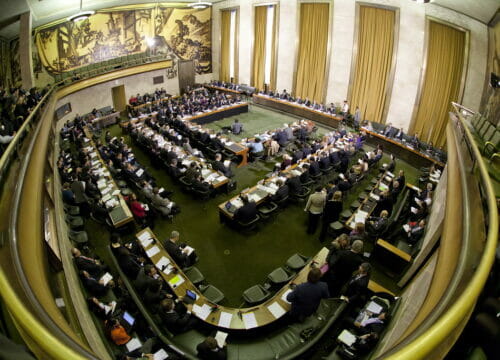
Avoiding Future Sources of Conflict
Supporting economic development in poorer countries can help ensure that violence doesn’t break out. This is because people will no longer need to fight to compete for resources to meet their basic needs.
Slowing the rate of climate change by reducing (or stopping!) greenhouse gas emissions can also reduce violent conflicts, because it will ensure that resources such as water don’t become so scarce that people have to fight over them.


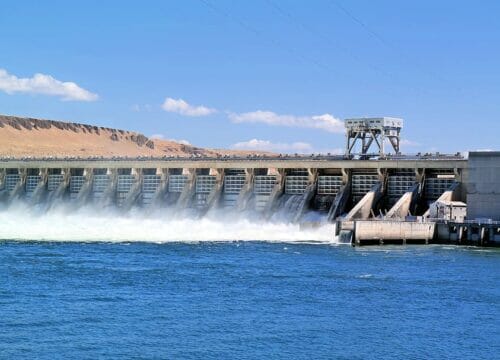
Removing Weapons and Armaments
Disarming all countries, would mean that everyone would have to get rid of all their weapons. While some people argue this is the way forward, it is very unlikely to happen because most countries are scared that if they get rid of their armies and weapons, someone else could come and attack them. There are some countries like Costa Rica, that do believe in this principle and do not have an army at all. Other people instead suggest that we should have agreements between countries, called Arms Treaties, that try to say how many weapons countries are allowed to have.
Within countries, governments can also make it more difficult to get hold of weapons. In most countries in the world, you need a license from the police to buy and own a gun and buying or owning a gun without a license is illegal. But making guns illegal isn’t enough because there are already so many guns around. Programs called gun buy-back programs, where the government buys guns from people, may help provide a reason for people to get rid of their guns in return for money.
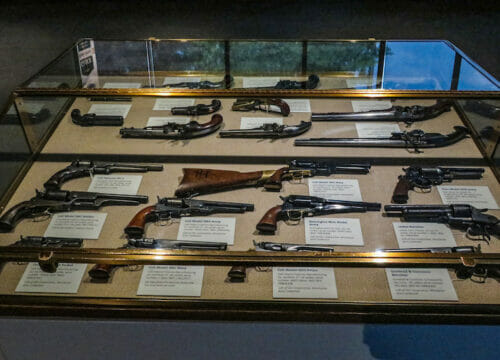
Education
Educating people, especially children, about important topics such as empathy and collaboration may help people to understand the views of other groups and find a way to sort out the issues and make peace.
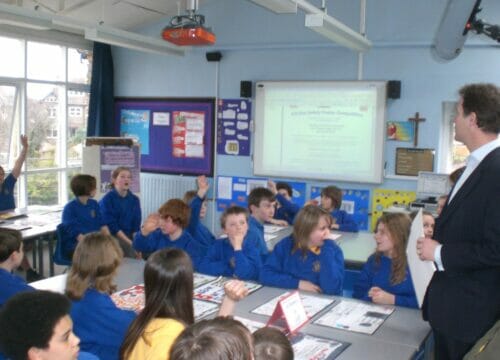
2. Justice
To achieve justice around the world, the judiciary system should be available to everyone and should treat people fairly.
Equal Justice for All
For everyone to access their human rights, people must be legally registered. Legally registering a child can be made easier by making it free to register and giving grants to families who register their children. The registration process can also be moved online, so that parents can register children through a phone app, saving them travel time and money.
For people to have a fair trial in court, they need to have a lawyer. But lawyers are expensive and not everyone can afford them! To make things fairer, countries can follow in the footsteps of the UK and offer a legal aid scheme where the government pays for a lawyer to represent people who cannot pay for legal costs themselves. In the meantime, there are charities that connect volunteer lawyers with people in need of legal advice.
People need to speak up about injustice. Awareness should be raised about peoples’ rights within the judiciary system so that they know they can speak up about injustice. People should then be encouraged to use methods such as social media and protests to expose unjust practices. One example of a movement that encourages people to speak up to expose unjust practice is the Black Lives Matter Movement. Black Lives Matter uses social media and protests to stop violence towards black people. Watch the video on Black Lives Matter on the right or take a look at the Black Lives Matter website here.
Diversity
For people to trust the justice system, it must be diverse. A diverse system reflects and understands the population it serves. In the UK in 2020, only 26% of judges were female and 1% of judges identified as black. Diversity can be increased by using quotas.
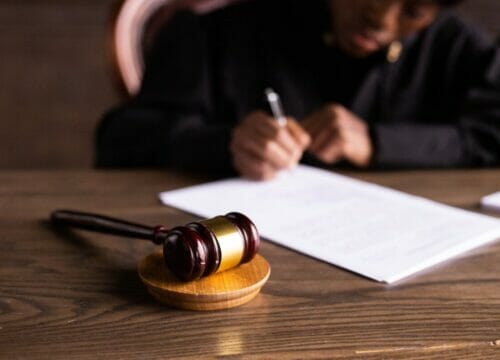
3. Strong Institutions
Strong institutions need to be free of corruption. Other institutions, organisations and individuals can help hold them accountable.
Increase Resources to Strengthen Institutions
Governments must invest in resources to support strong institutions, such as hiring police officers. In the UK, the charity Police Now helps pay to train new police officers to help make the world a safer place.
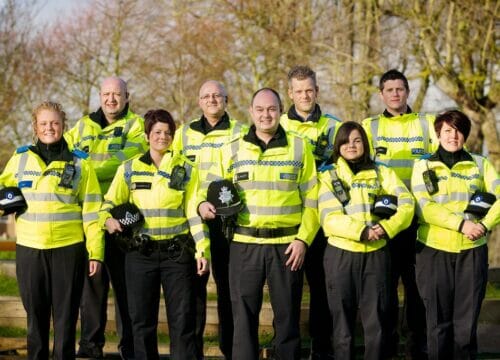
Strict Sanctions for Corruption
By putting in place sanctions for people and organisations that are linked to corruption, people can be discouraged from being dishonest. The UK for example, set up the ‘Global Anti-Corruption Sanctions Regulations’ in 2021. These regulations state that the UK can block people’s bank accounts and ban the travel of those involved in corruption. In the same way that you might behave well in class to avoid punishment, people may be more honest to avoid these kinds of punishments.
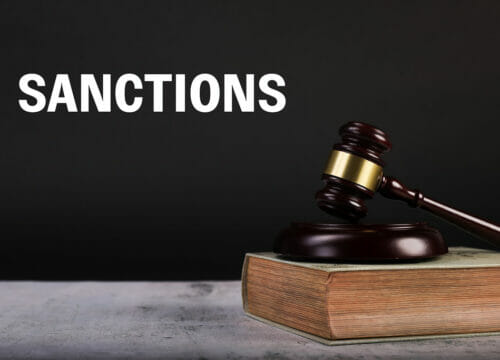
Equip People to Speak Up
Laws in place in particular countries mean that people have the right to access public information. These are often called freedom of information requests or public access to information. By allowing people to access information, they can check things that they believe to be suspicious. So then people could check that government officials are spending the government’s money on things for the country, rather than for themselves.
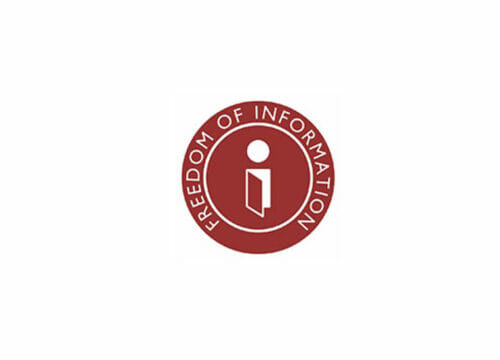
Take action
Now that you understand a bit more about Peace, Justice, and Strong Institutions, it’s time to make a difference. If you want to do something practical to help, the power is in your hands. Take a look at some ways you can take action right now.
Fundraise
- You can make a massive difference in somebody’s life by doing fundraising for charities that work to promote Peace, Justice and Strong Institutions. Some of the things the money you raise can achieve:
- £11 pays to register the birth of a child in the United Kingdom
- £25 covers the cost of educating a local peacebuilder for a month to keep a community safe and peaceful.
- £130 pays for a lawyer for an hour

- Get your school to take part in The Great Kindness Challenge organized by Kids for Peace. The challenge will take place from the 22nd to the 26th of January 2024. You can find more information about the challenge here.
- Start or join a Model UN Club. Model UN clubs role-play meetings that the UN would have, offering insights into the decision-making processes of the UN. In these clubs, you will research, debate and try to solve some of the world’s most pressing problems. For example, you might mediate arguments between two countries to maintain peace and prevent war. Search for model UNs near you online. If you cannot find one, why not start your own! You can find information on how to start one here.
- Start or join a Kids for Peace club. Kids for Peace support children from all over the world to put the words of their Peace Pledge into action. For example, one of the pledges asks that children ‘Help others throughout the day.’ So children at the International School in India hosted a book drive, installed a library and shared storytime with neighbourhood friends. Read more about Kids for Peace here.
- Make a poster about corruption around the world. You could include a few case studies of specific countries. Research what the government is doing with the money and what should be happening with the money.
- Make a poster about how climate change threatens world peace. You could include information about how climate change makes resources such as water and food scarcer and how heat waves caused by climate change lead people to become more aggressive and violent. Then put forward some recommendations of what people can do to slow the rate of climate change. You might like to take a look at the climate action page for more information and inspiration!
- Join the Black Lives Matter movement. With your parent or guardian’s help and permission, use social media to like, share and comment on Black Lives Matter content. Speak out and spread the word!
- Use your right to freedom of information to check any information that you think might be suspicious. For example, are the promised hospitals and roads being built in your community? If they aren’t, where is that money going? Watch a video on what you can do to expose corruption here.
- Read (or watch!) the news. This will help you become socially savvy. Knowing what is going on around you (for example what promises politicians are making and what they are doing) can help you keep your eyes peeled for corruption and weak institutions.
- Take part in a Black Lives Matter protest. Take a look at their website to find out more.
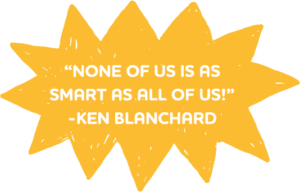
If you have any other ideas of SuperKind things people can do to help promote peace and justice we would love to hear from you here.
Support These Amazing Charities
Change-Makers
Here are some amazing young people who cared about promoting peace and justice and took action to make change happen. These change makers were all passionate about the same cause but used their unique skills to make change happen in different ways.
Everyone can help make a difference. Consider what your unique superpower might be. Are you someone with a strong voice who likes to spread awareness by talking to everyone you meet? Or do you prefer a behind the scenes approach – making sure that donations are collected to take to those in need?
Bana Al Abed
Raising awareness of the effects of the Syrian civil war and calling for peace since she was 6 years old.

